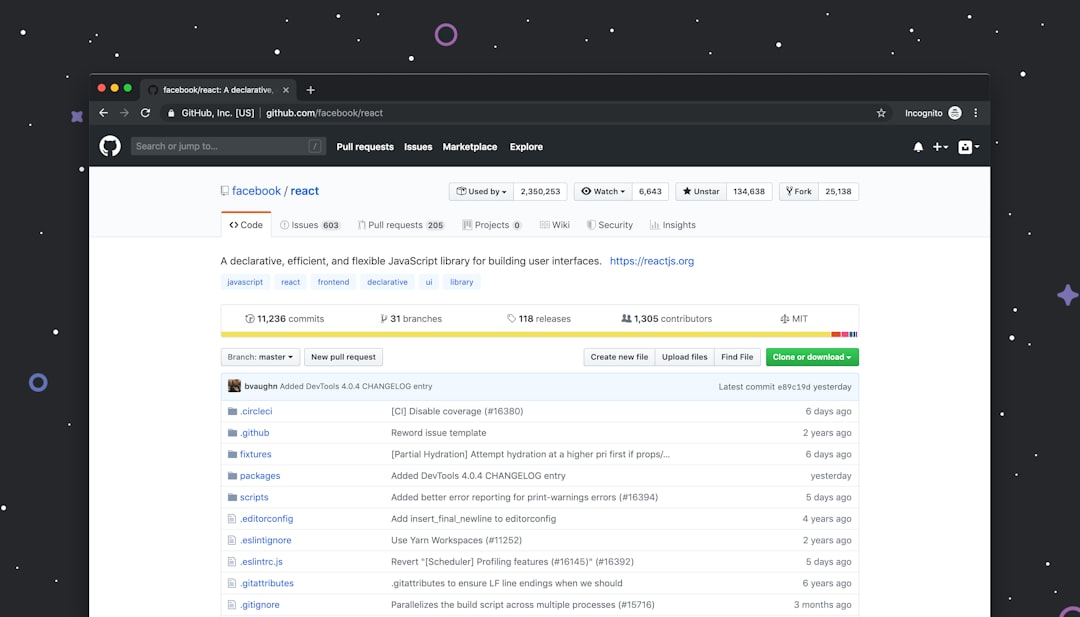In today’s digitally-driven landscape, achieving visibility on search engines is crucial for any website’s success. One of the key components in ensuring visibility is the use of effective meta tags and meta descriptions—essential elements that dictate how a page appears on search engine results pages (SERPs). With the rise of artificial intelligence (AI), businesses and content creators now have powerful tools at their disposal to generate SEO-friendly meta tags and descriptions with greater accuracy, efficiency, and strategic impact.
Meta Tags and Descriptions: Why They Matter
Meta tags—specifically the title tag and meta description—play a significant role in on-page SEO. The title tag helps search engines understand the subject of the page, while the meta description provides a brief summary that can entice users to click. When crafted well, both can dramatically improve click-through rates (CTR), drive website traffic, and influence search ranking positions.
However, writing optimized and engaging meta tags manually for every page can be time-consuming and error-prone, especially for large websites. This is where AI tools come into play.

How AI Tools Enhance Meta Tag and Description Creation
AI tools streamline the process in several key ways:
- Automated Keyword Analysis: AI tools can analyze large volumes of content and identify the most relevant and high-performing keywords specific to a topic. By doing so, they ensure that meta tags include terms that will rank well in search results.
- Content Summarization: Advanced language models can summarize key points of a webpage rapidly. By distilling content into brief, relevant summaries, AI ensures that meta descriptions not only reflect the page content accurately but also remain concise and engaging.
- Adaptation to Search Engine Algorithms: Search engine ranking algorithms are constantly evolving. AI tools trained on up-to-date data can adjust strategies in real-time, crafting meta content that aligns with current SEO best practices.
Using AI for Consistency and Scalability
One of the biggest advantages of AI tools is their ability to maintain consistency across all pages. This is particularly valuable for e-commerce sites or businesses with hundreds of pages. Instead of manually writing metadata for each item, AI can generate consistent formatting and style—even personalize meta content to target different user segments if integrated into dynamic publishing systems.
AI also brings scalability. For content marketers producing large volumes of blog posts or product pages, the ability to instantly generate SEO-friendly meta tags ensures they stay optimized without sacrificing speed or quality.

Examples of Popular AI Tools for SEO Metadata
Several AI-powered platforms have emerged to assist professionals in generating SEO-optimized meta tags and descriptions. Notable examples include:
- SurferSEO: Combines AI and data analytics to offer meta optimization suggestions in line with top-ranking pages.
- Jasper AI (formerly Jarvis): Uses GPT-based language models to draft compelling meta descriptions and title tags tailored to different tones and purposes.
- Semrush and Ahrefs: While not strictly AI platforms, they now integrate machine learning to better predict keyword effectiveness and recommend metadata improvements.
These tools not only assist in writing but often include performance metrics, helping users refine their meta content based on click-through and ranking data.
Risks and Ethical Considerations
Despite their many benefits, AI tools are not without limitations. Over-dependence can lead to generic or repetitive metadata that lacks a human touch. There’s also the potential risk of keyword stuffing if suggestions are not properly vetted. Therefore, human oversight remains essential. Using AI as a supportive tool—not a full replacement for human creativity and strategic insight—is currently the best approach.
Final Thoughts
AI tools have revolutionized many aspects of digital marketing, and meta tag creation is no exception. By combining speed, scalability, and data-driven insight, AI enhances SEO capabilities and supports businesses in navigating the increasingly competitive online landscape. When used responsibly and strategically, these tools offer a significant edge—ensuring your content not only reaches its intended audience but also compels them to click and engage.

